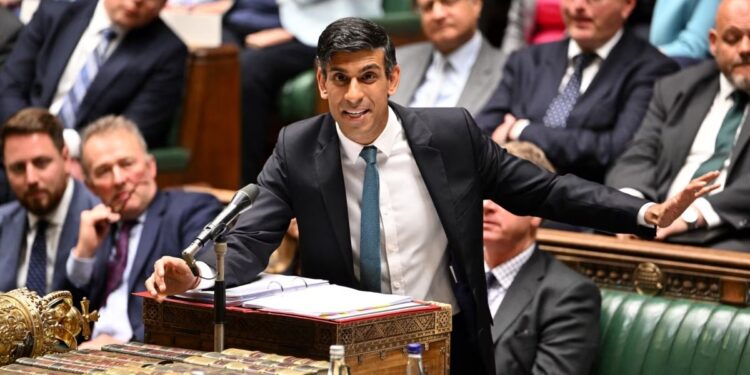By Riches Soberekon
The UK Supreme Court is set to deliver a judgment next Wednesday that will determine the legality of the government’s immigration policy. This policy involves sending asylum seekers to Rwanda.
The legal battle stems from a previous ruling by the Court of Appeal, which declared the multimillion-pound agreement to deport asylum seekers to Rwanda as unlawful. The upcoming decision by the supreme court holds significant implications for the government’s immigration strategy.
If the court deems the policy to be lawful, the Home Office expects that deportation flights to Rwanda, specifically to the capital city of Kigali, could begin as early as next year. The case will be decided by a panel of five justices at the UK’s highest court, with the ruling scheduled for next Wednesday.
Government representatives argue that the court of appeal made an error in concluding that deportations to Rwanda would violate Article 3 of the European Convention on Human Rights, which prohibits torture and inhuman or degrading treatment. They assert that a memorandum of understanding between the UK and Rwanda ensures a “safe and effective” refugee status determination process for all deportees.
The United Nations High Commissioner for Refugees (UNHCR) has also weighed in on the matter, expressing concerns that the provided assurances are insufficient to address the “basic and fundamental defects” in the Rwandan asylum system.
The judgment, which carries significant political and human rights implications, will be delivered by Lords Reed, Hodge, Lloyd-Jones, Briggs, and Sales, and is expected to be announced after 10 a.m. next Wednesday.
This controversial asylum policy, initially announced by former Prime Minister Boris Johnson in April 2022, involves sending tens of thousands of asylum seekers to Rwanda for processing. It was conceived as a response to the growing number of asylum seekers arriving in the UK. The government argues that this policy will help alleviate the burden on the UK’s immigration system and ensure a more efficient processing of asylum claims.
However, critics of the policy highlight concerns about the human rights implications and the conditions that asylum seekers may face in Rwanda.
The United Nations High Commissioner for Refugees (UNHCR) has expressed reservations about the adequacy of the safeguards in place to protect the rights and well-being of those being sent to Rwanda.




































